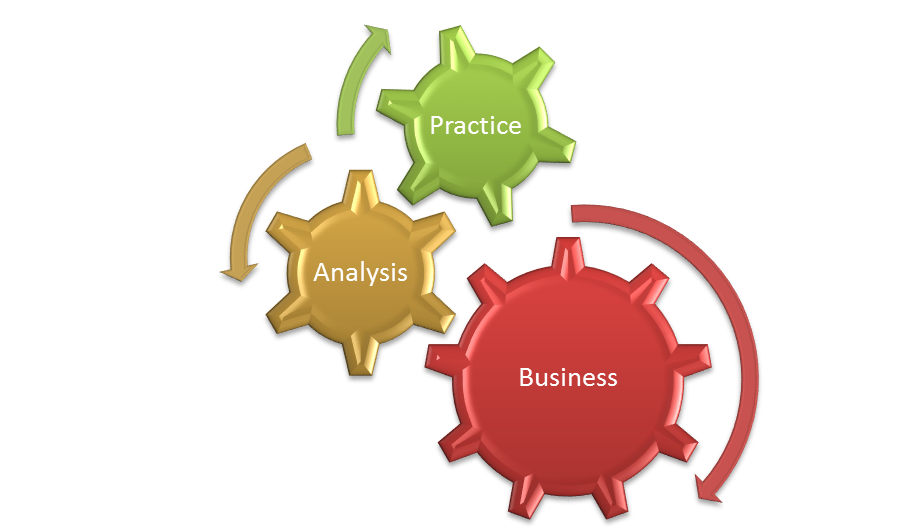Crewe is a railway urban and civil community. It lies within the area of Cheshire East and the traditional region of Cheshire, England. The zone has a population of 72,863. Crewe maybe was best known as a large railway connection and home to Crewe Works, for many years a major rail manufacturing ability for industrial and repairing engines, but now much abridged in size. From 1946 until 2002 it was also the home of Rolls-Royce motor car production. The Pym Lane factory on the west of the town now crops Bentley vehicle wholly. Crewe is 158 miles north of London and 35 miles south of Manchester.
Economy:
The railways stationary play a share in local industry at Crewe Works, which conveys out train maintenance and appraisal. It has been controlled by Bombardier Transportation since 2001. There is still an electric engine upkeep yard to the north of the railway station, functioned by DB Schenker Rail. The diesel train upkeep Depot has lately revived as a maintenance facility for a private steam company and has experienced major physical repairs. The Bentley car factory is on Pyms Lane to the west of town.
Transport:
Crewe railway station is around one mile from Crewe Town Centre. It is one of the central stations in the North West and a major trading station on the West Coast Main Line. It has 12 stages in use and has a direct service to London Euston, Edinburgh, Cardiff, Liverpool, Manchester, Birmingham, Glasgow, Derby, Stoke-on-Trent, Chester, Wrexham and Holyhead for the pass influences to Dublin Port. Many other municipalities and cities also have railway forces to Crewe.
Culture:
The Grade II-listed Edwardian Lyceum Auditorium is in the centre of Crewe. It was constructed in 1911 and shows drama, ballet, opera, music, comedy and pantomime. The theatre was initially situated on Heath Street from 1882. The Axis Arts Centre is on the Manchester Metropolitan University campus in Crewe. It repositioned from the university's Alsager Campus when it locked. The centre has agenda of touring new presentation and visual artwork.

 ENQUIRE
ENQUIRE
 REQUEST CALLBACK
REQUEST CALLBACK
 GET A FREE QUOTE
GET A FREE QUOTE


 Introduction
Introduction Course Details
Course Details Course Content
Course Content





 London
London